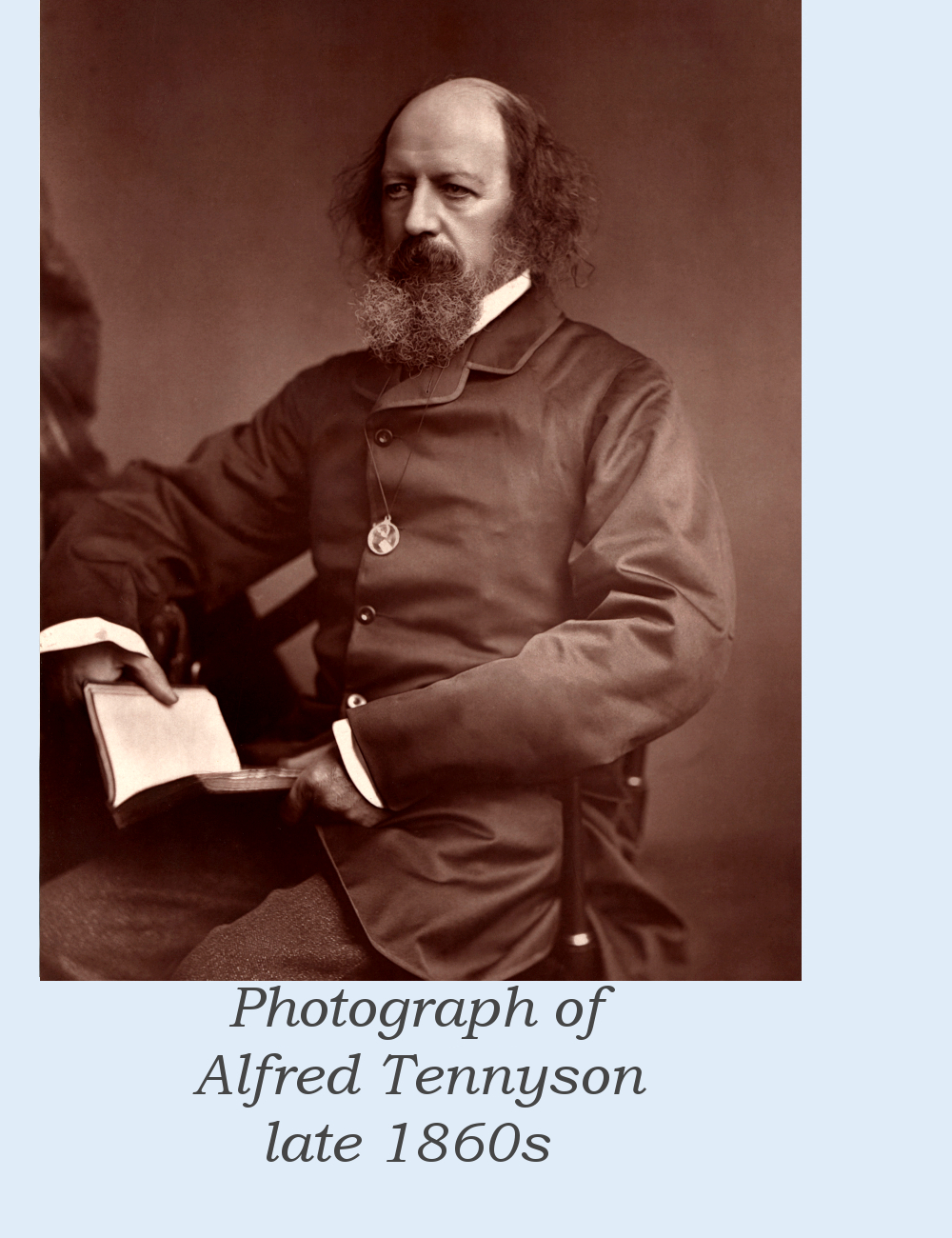
Alfred Tennyson
 Biography
BiographyAlfred Tennyson, 1st Baron Tennyson (August 6, 1809–October 6, 1892) was an English poet. He was the Poet Laureate during much of Queen Victoria’s reign. In 1829, Tennyson was awarded the Chancellor’s Gold Medal at Cambridge for one of his first pieces, “Timbuktu.” He published his first solo collection of poems, Poems, Chiefly Lyrical, in 1830. “Claribel” and “Mariana,” which remain among his most celebrated poems, were included in this volume. Although described by some critics as overly sentimental, his poems ultimately proved popular and brought Tennyson to the attention of well-known writers of the day, including Samuel Taylor Coleridge. Tennyson’s early poetry, with its medievalism and powerful visual imagery, was a major influence on the Pre-Raphaelite Brotherhood.
A number of phrases from Tennyson’s work have become commonplace in the English language, including “Nature, red in tooth and claw,” “’Tis better to have loved and lost / Than never to have loved at all,” “Theirs not to reason why, / Theirs but to do and die,” “My strength is as the strength of ten, / Because my heart is pure,” “To strive, to seek, to find, and not to yield,” “Knowledge comes, but Wisdom lingers,” and “The old order changeth, yielding place to new.”
Tennyson was born in Somersby, Lincolnshire, England. He was born into a successful middle-class family of minor landowning status distantly descended from John Savage, 2nd Earl Rivers, and Francis Leke, 1st Earl of Scarsdale. His father, George Clayton Tennyson (1778–1831), was an Anglican clergyman who served as rector of Somersby (1807–1831), also rector of Benniworth (1802–1831) and Bag Enderby, and vicar of Grimsby (1815). He raised a large family and was a man of superior abilities and varied attainments, who tried his hand with fair success in architecture, painting, music, and poetry. He was comfortably well off for a country clergyman, and his shrewd money management enabled the family to spend summers at Mablethorpe and Skegness on the eastern coast of England.
Bibliography (wildly incomplete)
Poems, Chiefly Lyrical (1830)
A Dream of Fair Women (1832)
Other links
Wikipedia